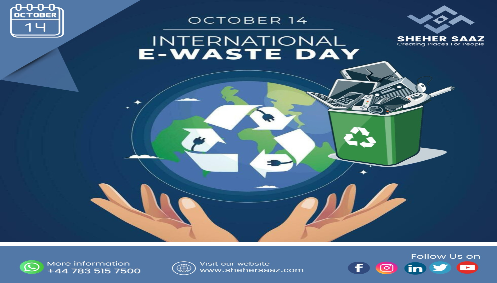The Canada-Newfoundland and Labrador Offshore Petroleum Board (C-NLOPB) announced disappointing results this week from its call for bids on offshore oil parcels, according to a press release.
Of the 17 parcels offered up in the Eastern Newfoundland Region, only one received any bids—Parcel 9—for which the winning bidder, BP Canada Energy Group ULC, committed $27 million in exploration work.
For the petroleum board—and for Canada in general—that must be a crushing disappointment.
In contrast, 2018 saw bids totaling $1.3 billion in the province.
But it’s not just this year that was a disappointment. Last year took in just $38.6 million.
“This is catastrophic. We still have some producing fields but if there is no exploration, the future is bleak,” owner of K&D Pratt—a company that provides supplies and logistics to oil and gas companies—told CBC News.
Canada has been chastised by its own oil industry for creating a hostile and untenable environment, compounded by the anti-pipeline movement that has constrained the country’s takeaway capacity, sending prices down into deep discount territory in relation to WTI.
C-NLOPB did say that it may relist the 16 parcels that didn’t draw any interest, but did not add when it might do so. It is unlikely that it would choose to repost during the pandemic when lackluster interest would surely persist.
And Newfoundland depends on its oil revenues.
In May, Newfoundland and Labrador finance minister Tom Osborne said if the drop in oil prices continues, it would need to borrow more money, adding to the debt and its deficit—and maybe even redoing the budget. That was months ago.
According to Wade Lock, professor of economics at Memorial University, the province loses $20 million for every dollar drop in the price of a Brent barrel, CBC News said in May.





